Could Aeroplan be on its way to Australia?
Our interview with Mark Nasr, President of Aeroplan.
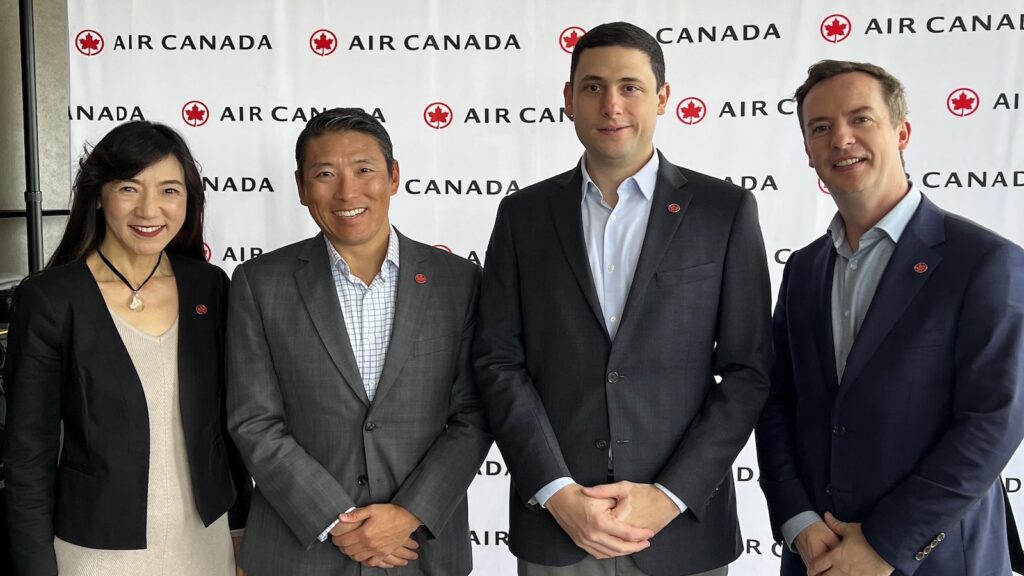
What we'll be covering
Air Canada Aeroplan is one of Point Hacks‘s favourite frequent flyer programs. After selling the original Aeroplan to a private equity company in 2008, Air Canada bought back the program 10 years later and relaunched Aeroplan in 2020. At the helm of the relaunch was Mark Nasr, President of Aeroplan and Executive Vice President of Marketing and Digital.
I caught up with Mark at a recent Air Canada event in Sydney, where I had the opportunity to sit down for a one-on-one interview.
Aeroplan has an eye on Australia
Many airline events are attended by the Heads or Presidents of airline operations or sales. It’s very rare to have a President of an airline’s frequent flyer or loyalty division attend an international event. Especially one that’s on the other side of the world! So I thought this observation would be a fitting opening question for Mark. Why is the President of Aeroplan heading an event in Australia?
Mark is unequivocal in his response.
The message to take out from loyalty and brand executives coming here is the focus on the customer. And how we are prioritising them moving forward… Quite candidly, to learn about expectations and what competitors are doing in various markets. We take that home and it provides fodder for fantastic discussion and pushes our thinking.
As if to preempt my next question, Mark continues:
Is there an opportunity for Aeroplan in Australia? Absolutely! We are reasonable about it. Virgin and Qantas will always have a position and a strength in the market here that no other foreign airline can dream of matching. But just like our strategy in the United States, the question is “How and where can Aeroplan be relevant?” And understand those spaces, the target, the certain type of customer, the value we can provide ensure that the program is available and communicating with that audience.
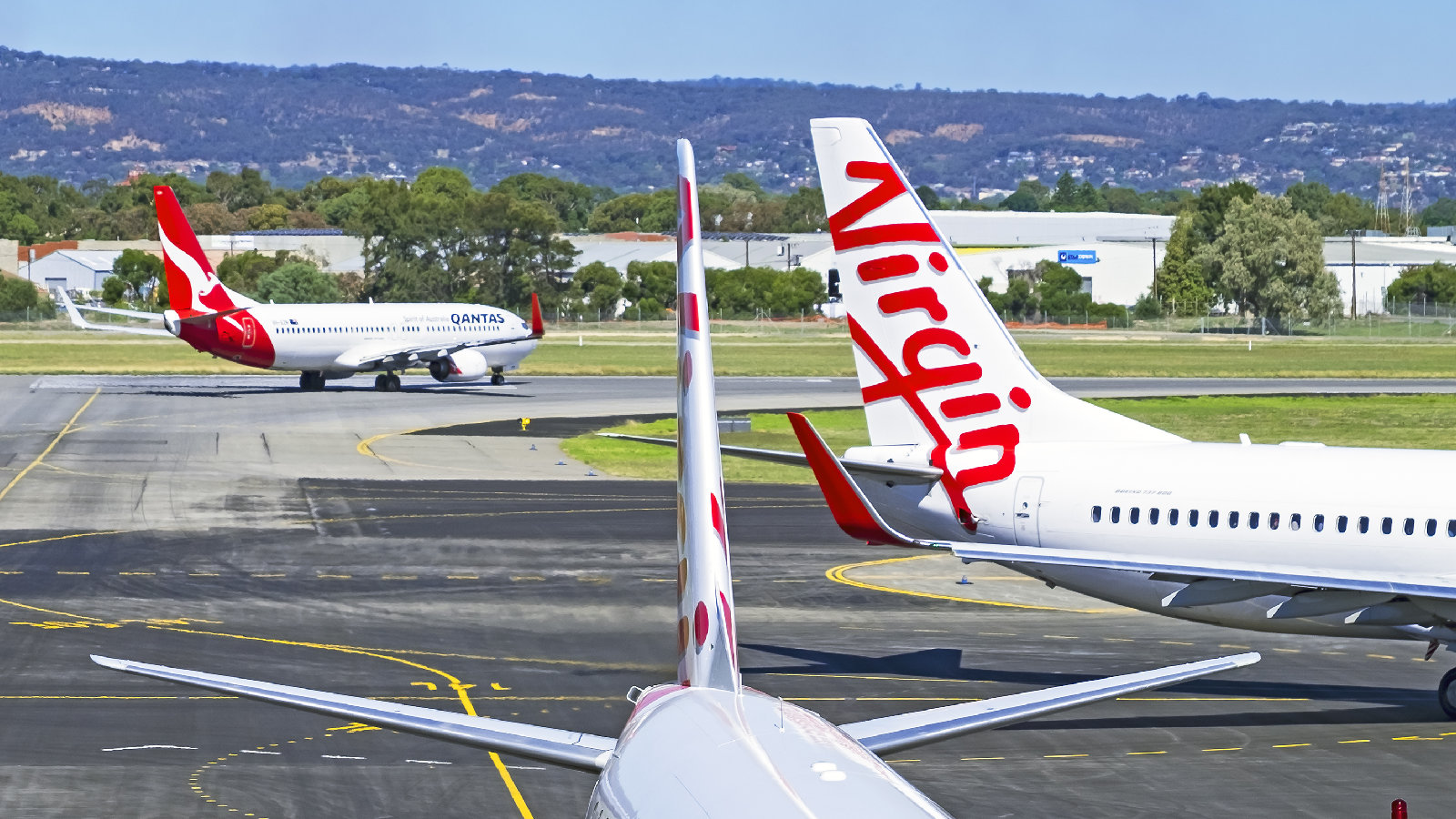
The launch of Aeroplan came at an interesting time, to say the least. Launching in November 2020, right at the peak of the COVID-19 pandemic. Trying to cut through to consumers at that time was very challenging, and there were apprehensions and doubts about whether the new program would actually fly at that time. A statement adamantly confirmed by Mark and his team.
At the time of the launch, there were also severe travel restrictions being imposed in both Canada and Australia. These travel restrictions did not materially ease up until recently. As such, a historical ‘normal travel pattern’ is only beginning to emerge. Mark pointed out that while global opportunities are certainly on the horizon, we are still in the early innings.
The Aeroplan opportunity
With both Qantas and Virgin dominating the Australian aviation market, I wanted to explore further the opportunity that Aeroplan sees in Australia. More specifically, how can they become an alternative option for Australian travellers looking to book away from the Qantas and oneworld alliance network.
I make the point about their Star Alliance membership, and that Australia has not had a Star Alliance carrier since the demise of Ansett Australia in 2002. For international travel, the consistency of benefits and global reach of Star Alliance is something that Aeroplan can offer, whereas their domestic airline partner, Velocity Frequent Flyer cannot – at least not for now.
So does Aeroplan see a potential for international travellers looking to fly a non-Qantas and oneworld airline? That is, for Aeroplan to become the Star Alliance airline program of choice in this market. Mark responds:
There are two ways we’ll approach that [question]. Number one: try and make the experience with those participating with Velocity as strong as possible. Because Velocity do that for Aeroplan customers. And that’s worth it. So if we can make Velocity a better program and the elite status more valuable, we want to do that. And similarly, they are helping do that for Aeroplan elite members.
There is also going to be an opportunity for certain segment of customers, certainly not the entire base of those who might be interested in Qantas Frequent Flyer or with Velocity, for Aeroplan to compete and win.
As Mark points out, there is a current partnership between Aeroplan and Velocity. But to date, that partnership extends only to earn and burn opportunities for points and status credits, as well as lounge access. Is there anything in the pipeline to expand or create a deeper partnership between the two programs?
Since we announced the partnership [with Velocity], we’ve added features and benefits of scope to it. And there’s more that we can do together. And as I’ve said, we would be very happy ensuring that they have a stronger program so they can compete and win with Qantas. And likewise, that should make Aeroplan stronger as well. And should provide opportunities globally for the Aeroplan membership.
The Credit Card proposition
I switch focus to the credit card offering of Aeroplan. When I spoke with Vic Naughton, General Manager AU/NZ in 2022, he hinted that an Aeroplan credit card was coming. True to his word, a credit card was indeed launched in late 2022. The card offers the ability to earn Aeroplan Points from credit card spend. Specifically, the HSBC Star Alliance Credit Card.
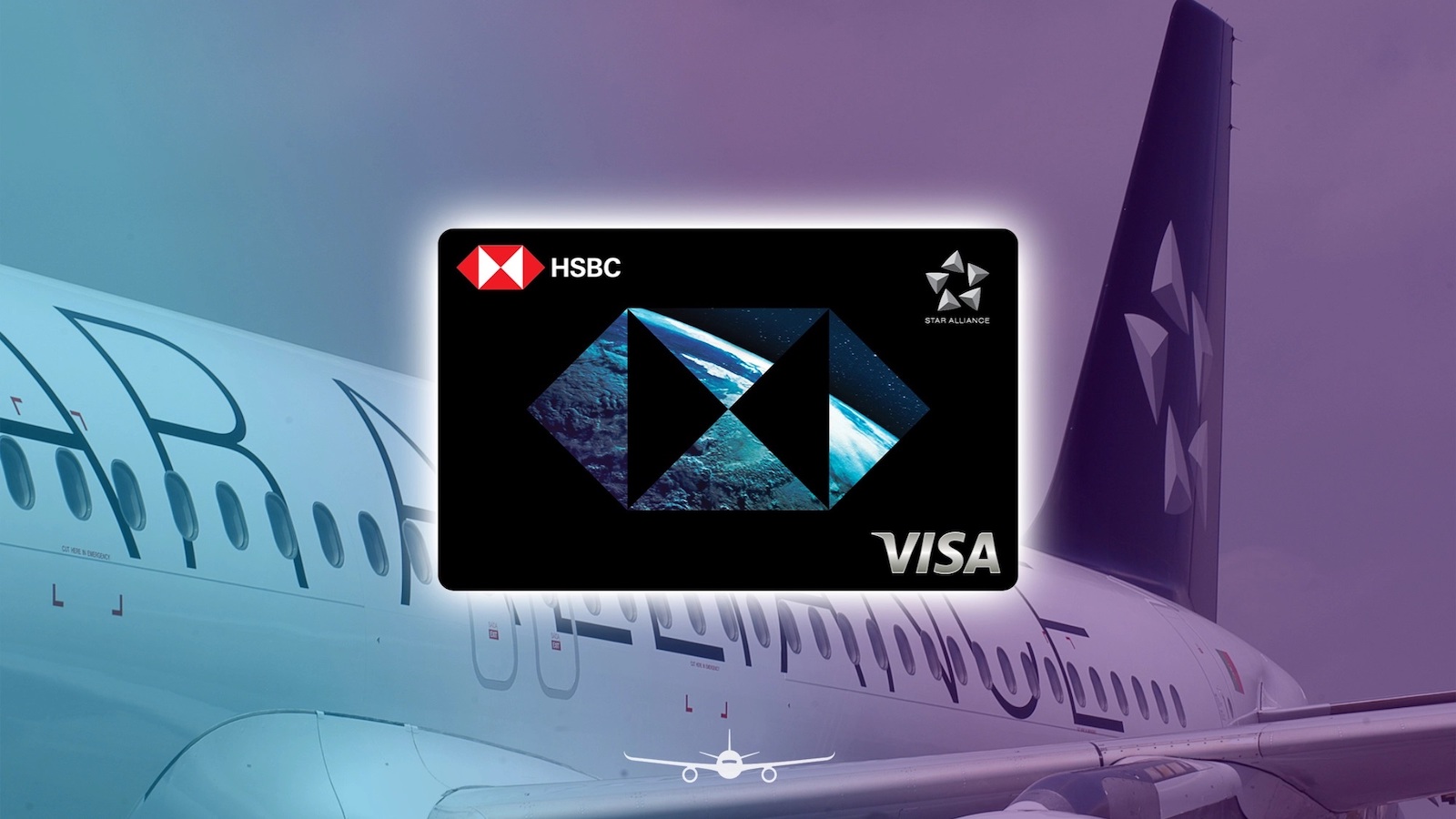
While not a direct-earn co-branded card, the card comes with many benefits for the Aeroplan fan. This includes benefits such as a fast-track to Star Alliance Gold membership. So make sure to read the guide if this is of interest to you.
I queried Mark on the likely success of the card. Specifically, the risk that cardholders may see the annual fee and requalification requirements for Star Alliance Gold to be too burdensome. Mark is circumspect in his response:
I would describe the product as a test. I can’t speak on behalf of the six or seven or so other carriers that anchor it along with us. But from our perspective, I would say we view the card as a test. It’s a nifty idea. It certainly has an innovative aspect to it. First alliance credit card anywhere in the world.’
‘But I think we’re all discovering and learning, both the alliance and the anchor tenants as part of the process. As we learn more about the Aussie market, obviously given where Aeroplan is a year into, effectively, having been relaunched and a normalised travel environment, there’s additional opportunity for us in the marketplace.
Whether Aeroplan has further credit card plans outside of the HSBC offering is an open question. American Express is definitely one partner that comes to mind, given the strong co-brand relationship between Aeroplan and American Express in Canada. Are other card partnerships on the agenda?
Always on the agenda. We’re exploring spaces and business models now like everyday partnerships, which are not so new in the Australian market, but in Canada are new. The notion of linked loyalty. That didn’t exist in the North American landscape like it does now. And so, if you’re asking can we do a program, of course we can. We’ve done it [in] Canada, 16 of them, we’ve done it in the US.
Is there a need for a consumer education campaign to make other Aeroplan initiatives work in Australia? Mark elaborates:
And we’d need partners to help us complete that education. And to be frank with you, our number one challenge in the US is the education program. So many options, such a big market. [We are] constantly discussing how do we summarise and communicate the value proposition of Aeroplan to Americans. And here, it’ll be the same question.
With Aeroplan having so many airline partners, is the program financially viable when members can earn Aeroplan Points and then redeem them on partner airlines?
Yes, yes of course. We structured the program to be rewarding but financially sustainable. We want to make sure we can continue to deliver on our promises, like award charts, and so these two tensions that need to be aligned.
Summing up
It was wonderful to see the Head of Aeroplan make a visit to Australia and seriously engage with the Australian market. As the architect for the revitalised Aeroplan program, it’s great to get Mark’s insights on what makes a world-leading frequent flyer program, and whether such a program has a place in Australia.
It remains to be seen if Aeroplan will make a grand entrance into the Australian market. If not, it’s still heartening to hear that they are intent on increasing the depth of the partnership between themselves and Velocity Frequent Flyer at some point in the future.
Until then, as an Australian resident, you will have to make do with purchasing Aeroplan Points to take advantage of the benefits of the program.
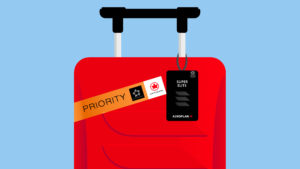
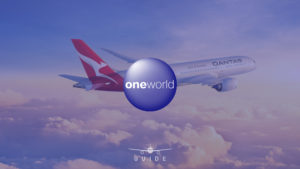

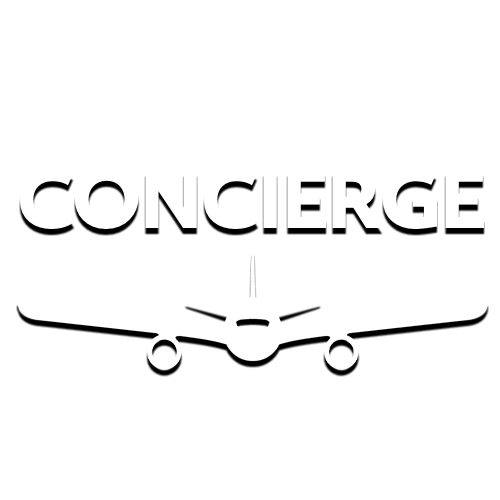

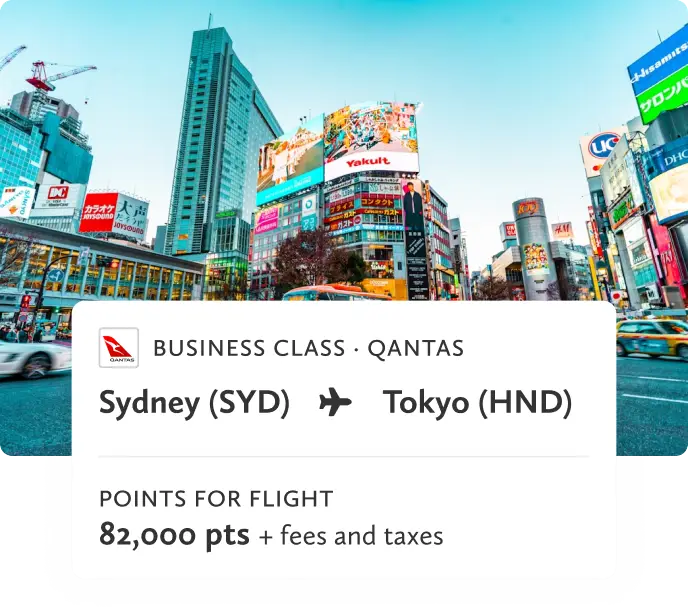
Bottom line: it would be amazing if there were more ways to earn Aeroplan points in Australia!